Users Recalled the Ultimate Acts of Penny-Pinching They Saw, and It Left Us Staggered

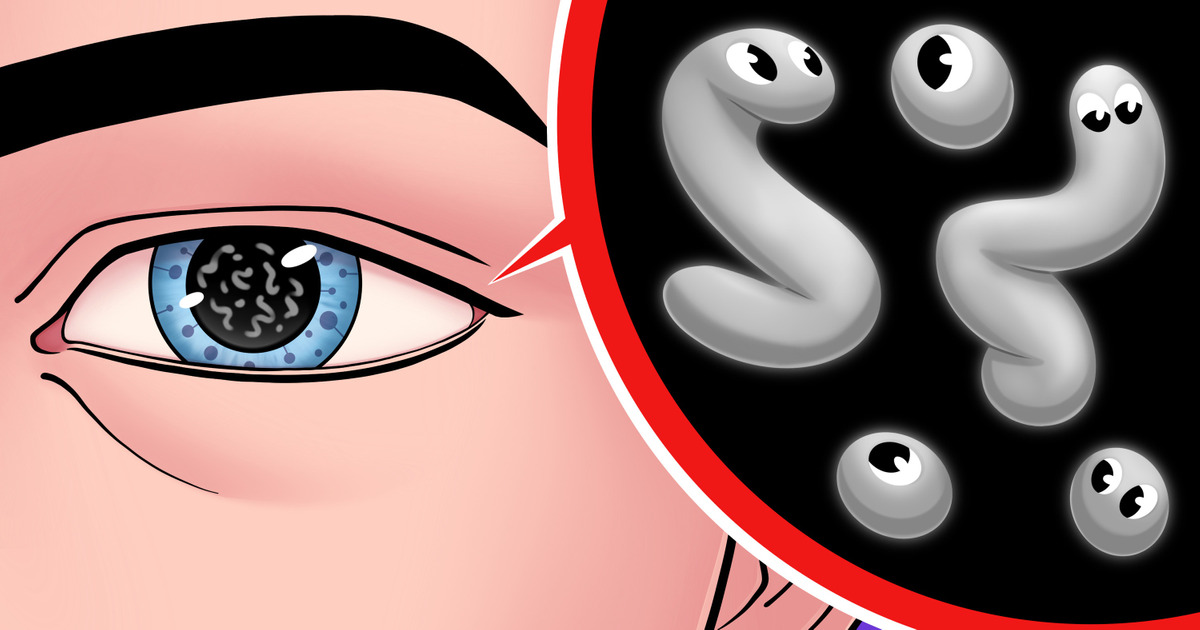
Our body is this amazing machine designed to perform the most intricate functions: it can regenerate itself, go to extreme lengths to keep us safe, and even create life. It’s no wonder that we are constantly discovering new facts that leave us awestruck.
At Bright Side, we enjoy learning about interesting things that we have never heard of before and we also want you to show off your knowledge about these amazing facts to your friends and family.
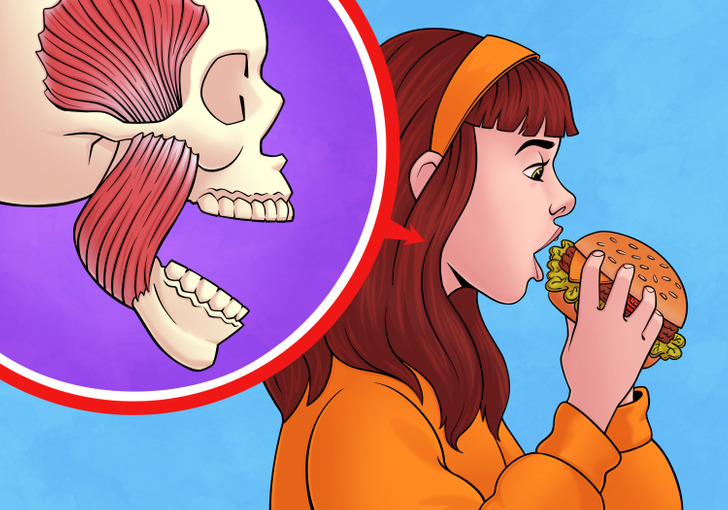
If you take into account weight, then the strongest muscle is the masseter. It works alongside the other muscles in the jaw to close the teeth with a force of about 55 pounds on the incisors and 200 pounds on the molars.

The largest cell in the female body is the egg cell, also known as ovum, and it’s so large it can be seen without the need of a microscope. On the other hand, sperm cells are the smallest in the male body. This just proves that size doesn’t matter since both play a vital role in the reproduction process.
Seborrheic dermatitis is a skin condition that appears as red, flaky, itchy skin on the scalp and other oily areas of the body such as the face, sides of the nose, eyebrows, ears, eyelids, and chest. The good news is that it’s not contagious and it doesn’t cause any serious harm to the body.
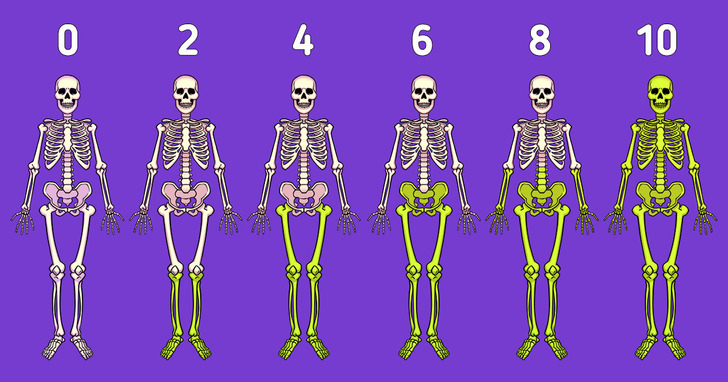
Remodeling is a process that implies removing old pieces of bones and replacing them with new tissue, and it does so about every 10 years.
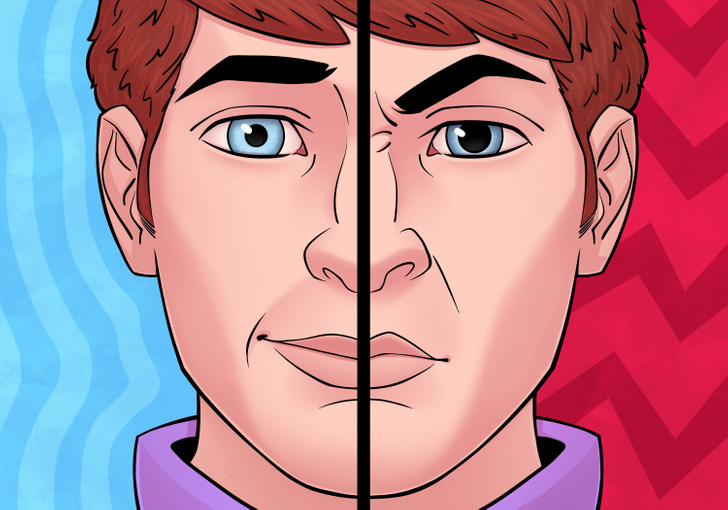
Though this is not something you lay awake at night thinking about, but your body produces about 0.5 and 1.5 liters of saliva per day in normal conditions. This is actually important since saliva plays a vital role in fighting off oral infections and maintaining the overall health of the mouth.

It is the hardest substance in your body and it works as a protective barrier against harmful bacteria and acids that can attack the teeth. It appears to be that we have something in common with the scariest predators in the ocean: shark and human teeth are equally strong. Unfortunately, they are not equally sharp.
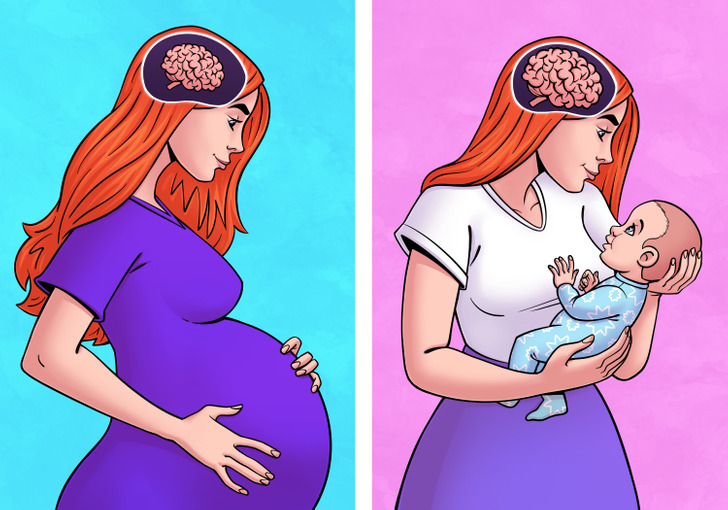
Researchers have found that pregnancy shrinks the gray matter in the brain. But, chill, this is only temporary and it’s actually not a bad thing. Losing volume can actually represent the fine-tuning of connections, which can make for more efficient brain circuits.
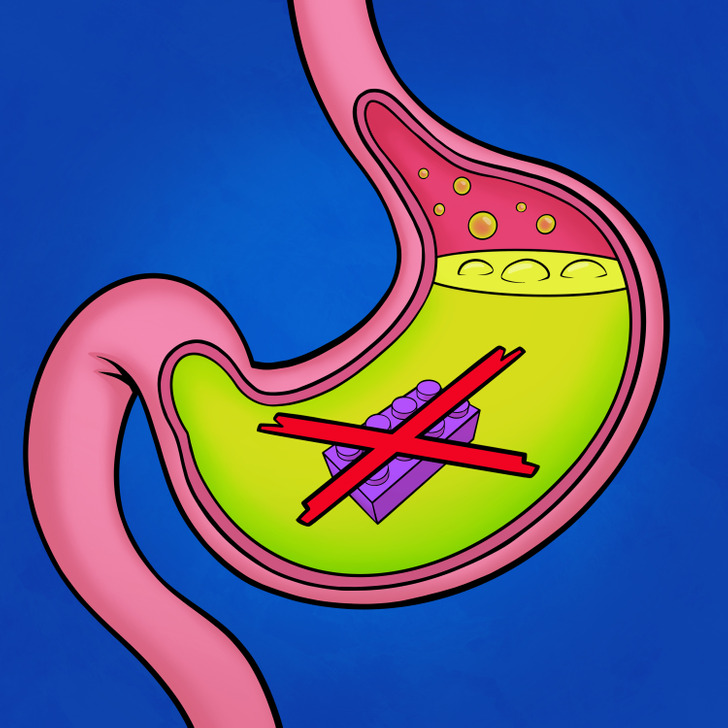
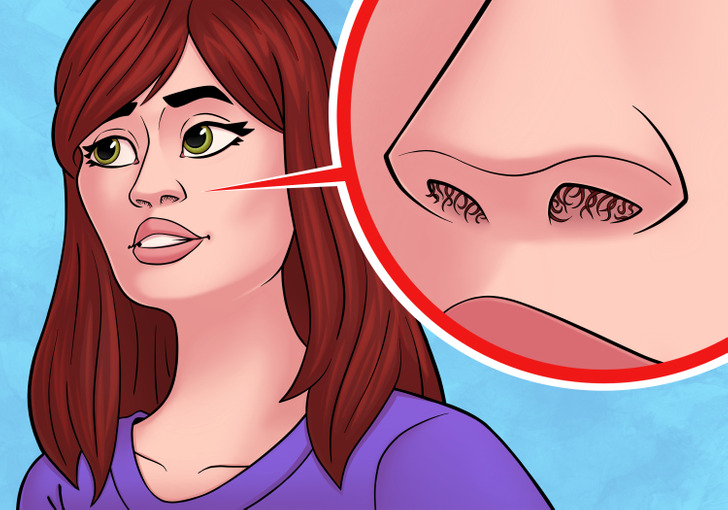
They’re called nasal cilia and, obnoxious as they may be, they serve more than one purpose. They act as a barrier to prevent pathogens from entering the body. What’s interesting is that these tiny hairs are also used to detect the time of death since they can continue moving up to 20 hours after death.

Charles Osborne made it to the Guinness World Records for having “the longest attack of hiccups.” The never-ending episode was triggered when a hog fell on top of him while he was trying to weigh it. Though he never found a cure, he still led a relatively normal life.
Humans have 5 basic senses: touch, sight, hearing, smell, and taste. But there are actually more. The thing is, we’re not that aware of them. There’s the proprioception that’s connected to self-movement and body position. Then the thermoception, which is the sensation and perception of temperature. We also have nociception, chronoception, and equilibrioception.
It turns out that all the dust you’ve been cleaning in your house is not grime but actual dead skin. From the billions of skin cells that we have — 30,000 and 40,000 of them fall off every hour. Let’s be grateful they’re invisible to the naked eye.
You probably started running through a list of animals in your head, including gorillas and chimpanzees... But no, we’re the only ones that have them. It’s definitely a chin-stroking fact, isn’t it?
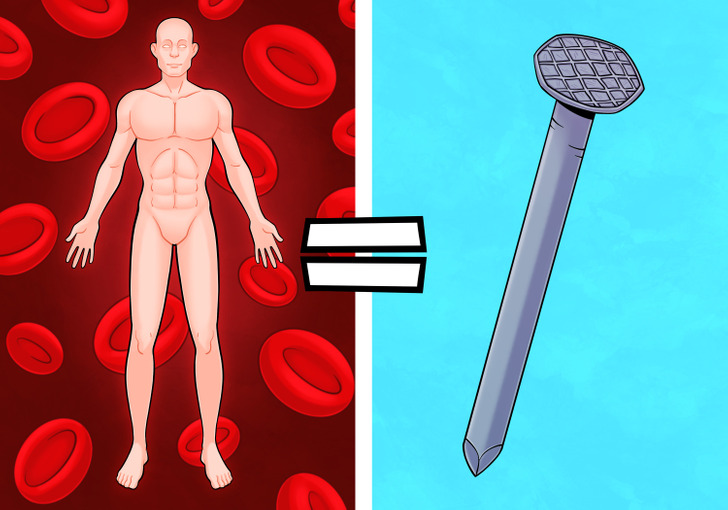

Muscae volitantes, Latin for "flying flies’’ are tiny floaters that appear to be swimming in your field of vision. These tiny objects—made from bits of tissue, red blood cells, or clumps of protein—cast shadows on the retina and that’s why they are more noticeable when looking at a uniform bright surface, like a blank wall, snow, or a clear sky. They’re quite common and most people don’t even notice them since the brain adapts to them.
Do you also see “flying flies” when staring at your computer screen? Which fact blew your mind?











